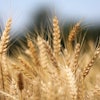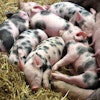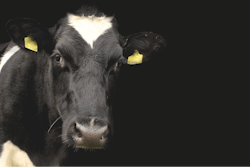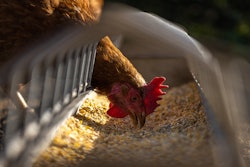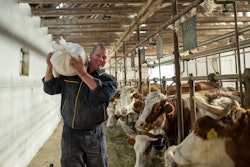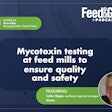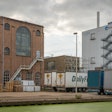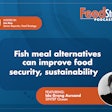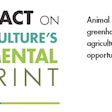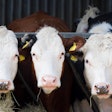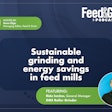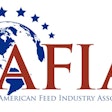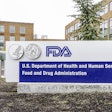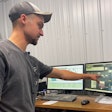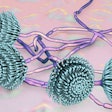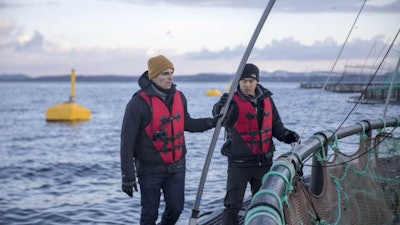
A new partnership betweenVeramarisandManolinhas enabled the use of big data incommercial aquacultureconditions for the first time, with the aim of gaining insights into omega-3 (EPA and DHA) levels in commercial aquafeed and the effects upon fish performance, quality, health and welfare.
This year, Veramaris recruited Manolin’s experts to conduct research and analyze anonymously provided feed and farm data. Through its innovative‘Harpoon’aquaculture research data intelligence platform, Manolin conducted a focused study analyzing data from most Norwegian production zones to provide insights into the impact of dietary EPA and DHA levels on farmed salmon performance.
“Our platform has collected data from more than 900 generations of farm salmon, producing insights for the aquaculture industry and demonstrating the immense potential of leveraging data intelligence in aquaculture research. In addition, our anonymous and unbiased data is well-placed for industry collaborations such as this one with Veramaris,” said Tony Chen, CEO of Manolin.
Analyzing data to gain insights
Veramaris has been assisting farmers make the most of its new algal oil omega-3 product by resetting omega nutrition specifications in feed to improve farm productivity.
“We started by studying performance in research conditions before progressing to individual commercial farm sites, but the study allows us to go so much deeper than this,” said Ian Carr, senior director for global business development at Veramaris.
The implications of the study are far reaching and showcase the potential of analyzing data in commercial settings to gain insights into fish performance. The results reveal that above average EPA and DHA levels in salmon feed led to significant improvements in metrics including harvest quality — with an average of 76% more superior harvests recorded — as well as higher feed performance, ultimately benefiting farm profitability.
The project has provided a proof of concept based on big data to unlock the full potential of Veramaris’ Optimum Omega Nutrition (OON) approach.
“The results, which used data from some 232 million fish, have deepened our understanding of the impact of EPA & DHA levels on the performance of farmed salmon,” said Yann Le Gal, Global Business Development Manager at Veramaris.
Veramaris’ OON guidelines, used in conjunction with natural marine algal oil, can effectively support fish farmers to ensure animal welfare and performance are maximized, without creating additional strain on our oceans.

